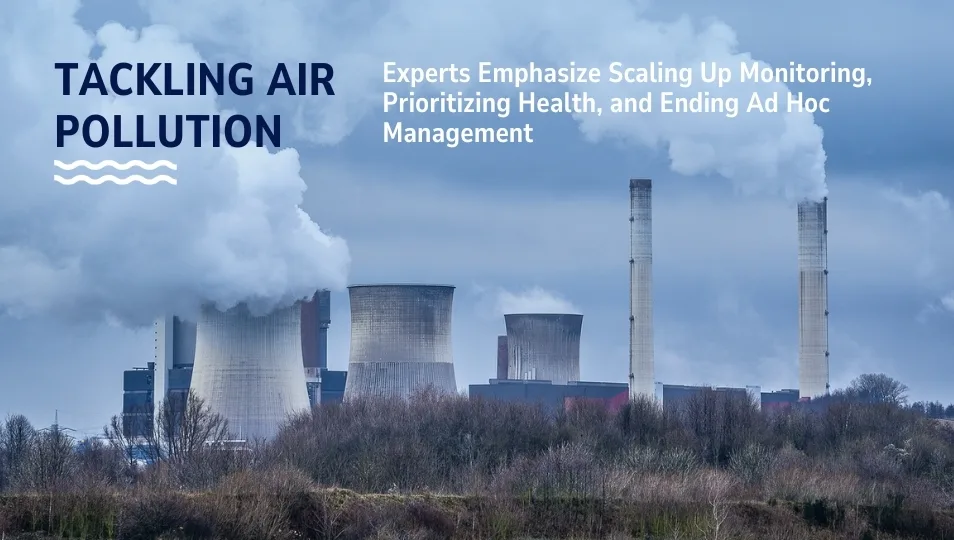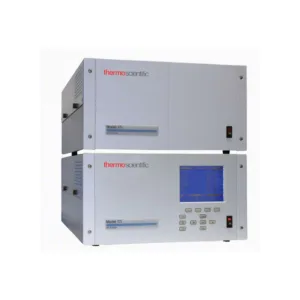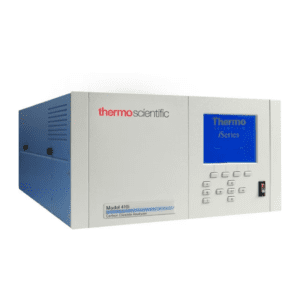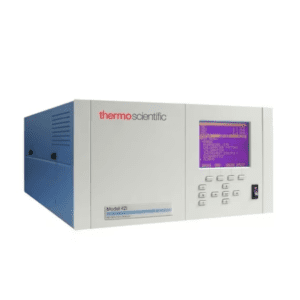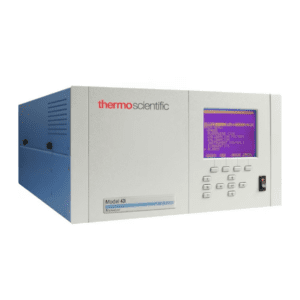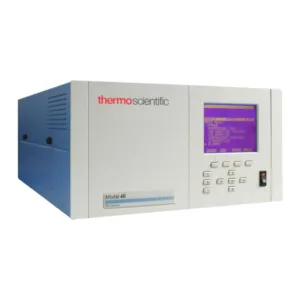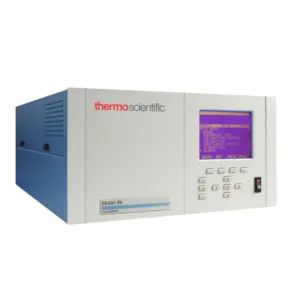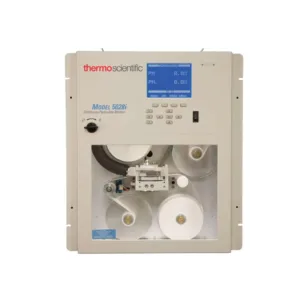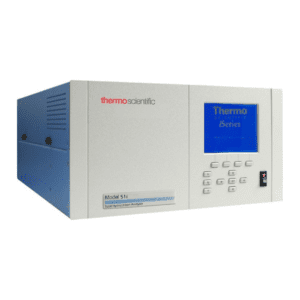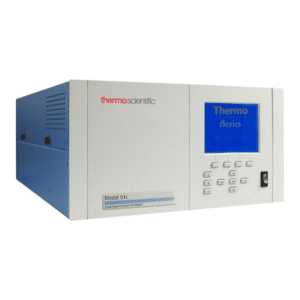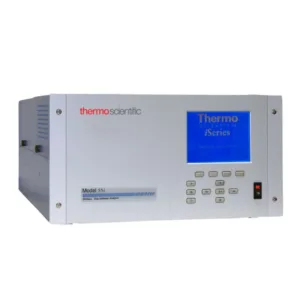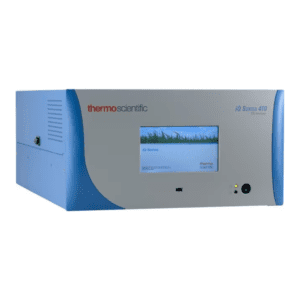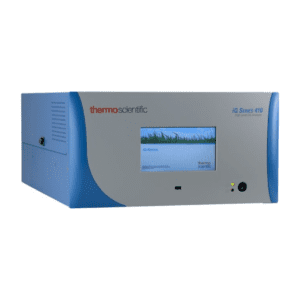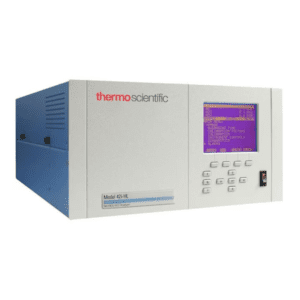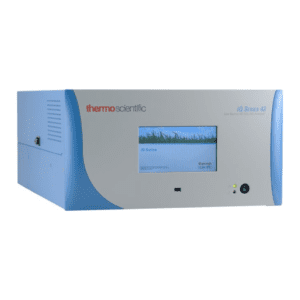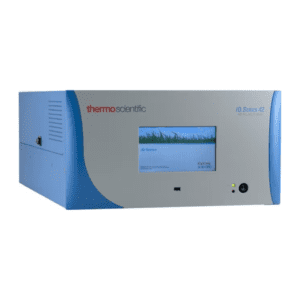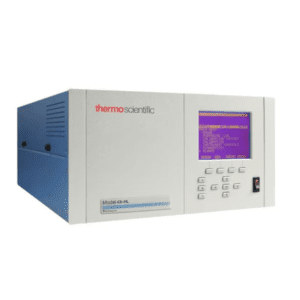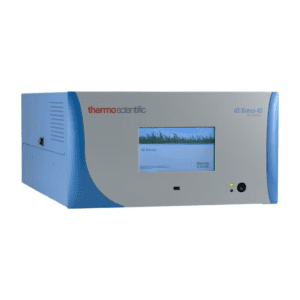Introduction:
As urbanization and industrialization accelerate, the battle against air pollution intensifies. Experts worldwide are urging a paradigm shift in our approach, emphasizing the need to scale up monitoring efforts, prioritize public health, and abandon ad hoc management strategies. In this article, we explore the insights shared by environmental experts who advocate for a comprehensive and proactive stance in combating air pollution.
The Urgency of Scaling Up Monitoring:
Air pollution is often an invisible menace, silently impacting the health of millions. To effectively combat this threat, experts emphasize the critical importance of scaling up air quality monitoring. Traditional monitoring systems are often inadequate, lacking the granularity needed to pinpoint pollution sources and patterns. Advanced sensor networks, satellite technology, and real-time data analytics are heralded as essential tools to provide accurate and timely information about air quality.
Connecting Air Pollution to Public Health:
One of the most significant shifts in perspective comes from recognizing air pollution as a public health crisis. The adverse health effects of polluted air are well-documented, ranging from respiratory diseases to cardiovascular problems. Experts stress the need for an integrated approach that links air quality data with health outcomes. This holistic understanding is crucial for developing targeted interventions, implementing health advisories, and fostering community awareness about the direct impact of air pollution on individual well-being.
Ending Ad Hoc Management:
Ad hoc management, characterized by reactive and short-term measures, falls short in addressing the chronic issue of air pollution. Experts argue for the abandonment of piecemeal solutions and the adoption of comprehensive, long-term strategies. Sustainable urban planning, stringent emissions standards, and the promotion of cleaner technologies are cited as fundamental components of a proactive approach. Policymakers are urged to prioritize investments in infrastructure that support sustainable transportation, energy, and industry.
The Role of Technology in Solutions:
Innovations in technology play a pivotal role in the battle against air pollution. From low-cost sensors providing real-time air quality data to the development of green technologies, experts envision a tech-driven future for cleaner air. Artificial intelligence and machine learning applications can aid in predictive modeling, helping anticipate pollution trends and enabling timely interventions. Leveraging these technologies can transform monitoring from a reactive task to a proactive strategy.
Global Collaboration and Policy Advocacy:
Air pollution knows no borders, and its mitigation requires international collaboration. Experts stress the need for nations to share data, best practices, and technologies to collectively address the global challenge. Advocacy for stringent environmental policies, both at the national and international levels, is crucial. Experts call on governments, businesses, and civil society to unite in prioritizing the health of the planet and its inhabitants.
Conclusion:
Tackling air pollution demands a paradigm shift – a move from reactive measures to proactive, holistic strategies. Scaling up monitoring efforts, prioritizing public health, and abandoning ad hoc management are integral to this shift. As experts pave the way forward, it is a collective responsibility to heed their call, embrace innovative solutions, and work towards a future where clean air is a fundamental right for all. The battle against air pollution is not just an environmental imperative; it is a commitment to the health and well-being of current and future generations.

